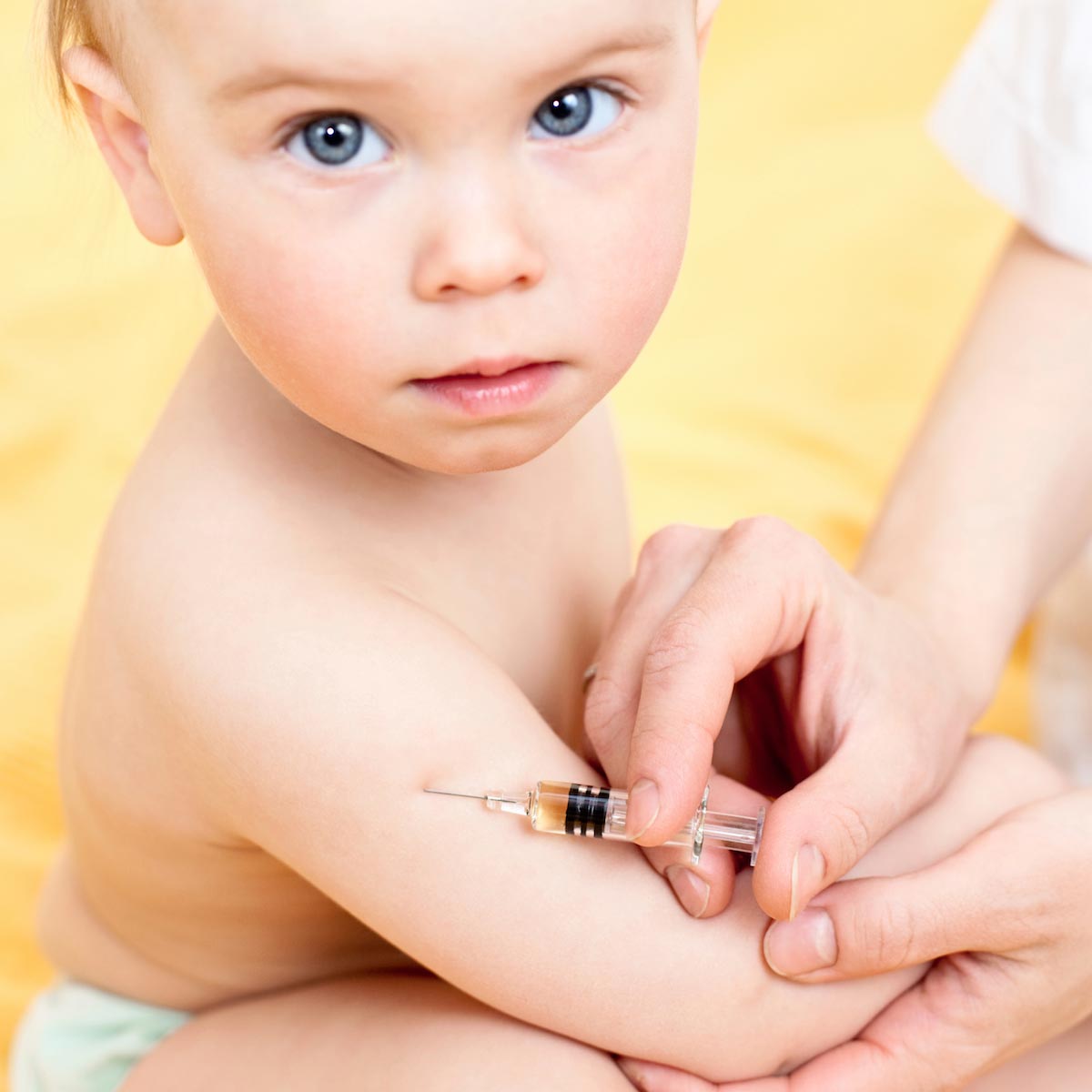Doctors agree with censored study that concludes unvaccinated children are healthier than vaccinated children
01/08/2017 / By David Gutierrez

The assertion that vaccines may cause systematic changes to children’s immune and nervous systems is accepted as a possibility by a large number of doctors, including many who consider themselves “pro-vaccine.”
“If you don’t ask the right questions, you can’t find the right answers,” said Tommy Redwood, MD, an emergency room doctor in Atlanta, Georgia, with 26 years of medical experience. “If you summarily dismiss the possibility that the increasing rates of childhood illnesses, including ADD, autism, asthma and other auto-immune disorders are connected to vaccines, you can’t figure out if our children’s health problems are vaccine-related injuries.”
Redwood says he suspects that over-vaccination plays a role in the worsening health outcomes seen among children in recent decades.
Chronic disease risk higher
The most recent, peer-reviewed study was accepted for publication by the journal Frontiers in Public Health, according to Jennifer Margulis, PhD. The study was assigned a DOI number and the abstract published on the journal’s website. Several days later, all signs of the study vanished from the site without explanation
Margulis is the author of Your Baby, Your Way and the co-author (with Dr. Paul Thomas, M.D.) of The Vaccine-Friendly Plan.
According to Margulis, the abstract described a study comparing health outcomes of 660 fully vaccinated or fully unvaccinated children between the ages of 6 and 12 living in Florida, Louisiana, Mississippi and Oregon. Information was collected via parental survey in 2012.

The researchers found that while unvaccinated children were significantly more likely to get chickenpox and pertussis (whooping cough), they were significantly less likely to have allergies, ear infections, pneumonia, or central nervous system disorders (including autism) than the fully vaccinated children.
Indeed, vaccinated children had twice the risk of chronic illness and four times the risk of autism, learning disabilities, or attention deficit hyperactivity disorder (ADHD). Vaccinated children who had been born prematurely were six times more likely to suffer from autism or other central nervous disorders than unvaccinated children.
Several prior surveys of parents comparing vaccinated and unvaccinated children have shown similar results.
Doctors call for more research
The reality of vaccine injury is obvious to many doctors, such as integrative physician Kelly Sutton MD of Fair Oaks, California. Sutton says she sees vaccine-injured patients every day.
“It’s not a rational thing to think that we can just give an ever-increasing number of vaccines without causing damage,” Sutton said. “There’s a tipping point for many people in terms of the toxins that they can handle.”
Sutton says she regularly hears from parents who chose to leave younger children unvaccinated that the unvaccinated children in the same family have better health, social adjustment and academic performance than their vaccinated siblings.
Bose Ravenel, MD, of Winston-Salem, North Carolina, used to scoff at the idea of a connection between vaccines and autism. But after examining the scientific data for himself, the 78-year-old doctor said he could no longer support the party line.
“There is clearly a relationship between vaccines and autism,” Ravenel said. “But to say that ‘vaccines cause autism’ is an inaccurate, non-nuanced statement. At the same time, to say that ‘vaccines don’t cause autism’ is also inaccurate. In certain conditions, like with mitochondrial dysfunction, vaccines certainly can cause autism or contribute to it.”
Ravenel supports research into the risks of vaccines in order to find ways to improve their safety.
Such perspectives are common among “pro-vaccine” doctors who are willing to examine the research without bias. A similar line is taken by neuroscientist Rene Anand of Ohio State University.
Anand, who says vaccines have saved millions of lives, researches genetic susceptibility to brain disorders. And he rejects as scientifically inaccurate the claim that vaccines do not contribute to autism.
The large numbers of parents who saw immune and cognitive function decline immediately after vaccination are indicative of something, Anand says. And that needs to be investigated.
Sources:
Submit a correction >>
Tagged Under:
adhd, autism, unvaccinated, vaccine side effects, vaccines
This article may contain statements that reflect the opinion of the author





















